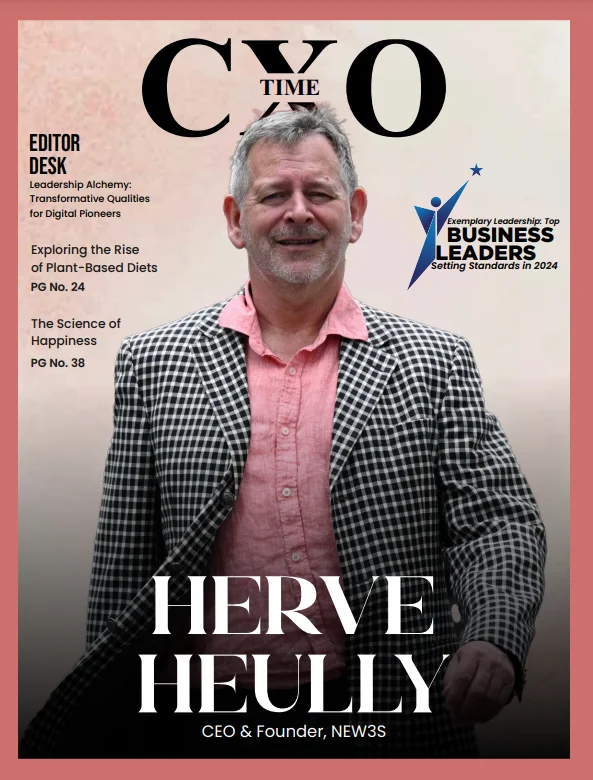
Leadership in the 21st Century: Essential Skills for Corporate Success

In the rapidly evolving landscape of the 21st century, leadership in the corporate world has taken on new dimensions. To navigate the complexities of today’s business environment, leaders must possess a diverse set of skills that go beyond traditional management. In this article, we will explore the essential leadership skills crucial for corporate success in the 21st century, shedding light on how these competencies contribute to organizational growth.
Adaptive Leadership in the Digital Age
In the ever-evolving landscape of digital transformation, leadership assumes a dynamic role, necessitating an intricate dance with change. It’s not merely about adapting to new technologies; it encompasses a holistic understanding of data analytics and adept navigation through the intricate digital landscape. Exemplified by visionaries such as Jeff Bezos, leaders in the digital age demonstrate an exceptional ability to shape-shift their leadership styles, leveraging the advantages offered by technological advancements to propel their organizations forward.
Emotional Intelligence: The Heart of Effective Leadership
The bedrock of effective leadership in the contemporary era lies in emotional intelligence—a nuanced understanding of one’s own emotions, coupled with the ability to manage and empathize with others. This emotional acuity cultivates a positive work environment. Sundar Pichai, the former CEO of Google, stands as a testament to the integration of emotional intelligence into leadership, fostering a culture of collaboration and inclusivity within the company.
Visionary Leadership for Long-Term Success
Visionary leadership, when faced with the uncertainties of the business landscape, becomes not just beneficial but paramount. Successful leaders not only articulate a clear vision but also inspire their teams to embark on the journey toward long-term goals. Elon Musk’s stewardship at Tesla serves as a beacon of visionary leadership, where he envisions a sustainable future through groundbreaking innovation in electric vehicles and renewable energy sources.
Effective Communication Skills
Communication, often deemed the glue that binds a team together, transcends mere articulation. Tim Cook, at the helm of Apple, is celebrated not only for his strategic prowess but also for his impeccable communication skills. Effective leaders convey their vision with clarity, provide constructive feedback, and foster an environment of open dialogue, ensuring that the organizational vision resonates with employees and stakeholders alike.
Collaborative Leadership in a Globalized World
In our globally interconnected world, collaboration emerges as a key leadership trait. It goes beyond borders and cultures, requiring leaders to work seamlessly across diverse landscapes. Satya Nadella, as Microsoft’s CEO, places a premium on collaborative leadership, where teamwork and innovation flourish across diverse teams on a global scale, reflecting the interconnected nature of the contemporary business environment.
Strategic Thinking and Decision-Making
Strategic thinking and decision-making, crucial in the 21st-century leadership repertoire, demand more than just analytical prowess. It involves deciphering data, understanding market trends, and making informed decisions that steer the organization toward success. Indra Nooyi’s strategic acumen during her tenure as the CEO of PepsiCo is a prime example, steering the company toward healthier product offerings in alignment with evolving consumer preferences.
Agility and Resilience in Leadership
Navigating the dynamic business landscape requires leaders to embody traits of agility and resilience. Adapting to unforeseen challenges and rebounding from setbacks are not just leadership virtues; they are integral to sustained success. Reed Hastings, as the co-founder and co-CEO of Netflix, exemplifies resilience by orchestrating the company’s transformation from a DVD rental service to a global streaming giant, showcasing the adaptability essential for leadership in today’s fast-paced environment.
Inclusive Leadership for Diverse Teams
Diversity and inclusion emerge as imperatives for success in the modern workplace. Leaders are tasked with fostering an inclusive culture that not only acknowledges but actively embraces diverse perspectives. Mary Barra, as the CEO of General Motors, champions inclusive leadership, creating an environment where a mosaic of diverse talents contributes significantly to the company’s innovation and overall success.
Conclusion
In conclusion, leadership in the 21st century is a tapestry woven with a multifaceted skill set that transcends traditional management practices. Adaptive leadership, emotional intelligence, visionary thinking, effective communication, collaborative prowess, strategic decision-making, agility, resilience, and inclusive leadership collectively form the essential palette for navigating the complexities of today’s corporate landscape. As leaders embrace and embody these skills, they not only navigate the challenges of the digital age but also position their organizations for sustained success and adaptability in an ever-changing business environment.
The CXO Time Magazine is one of the leading global platforms for leaders and entrepreneurs to showcase their stories.


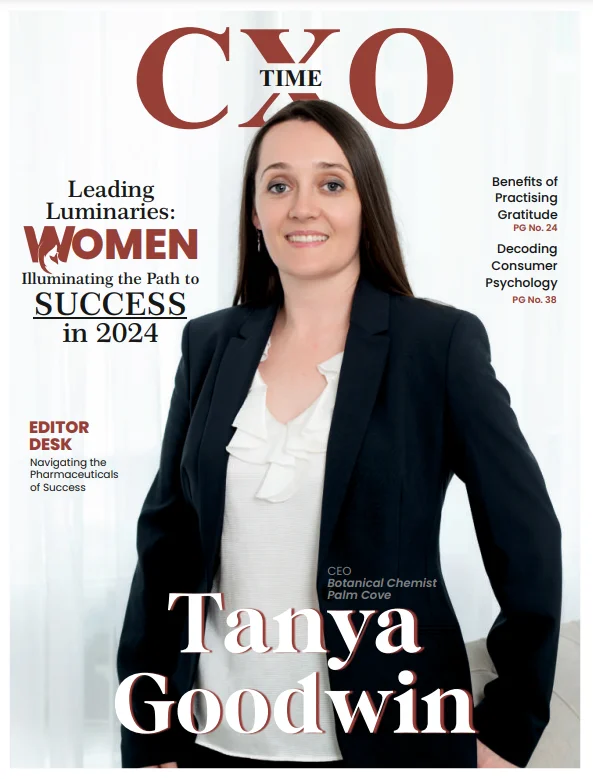

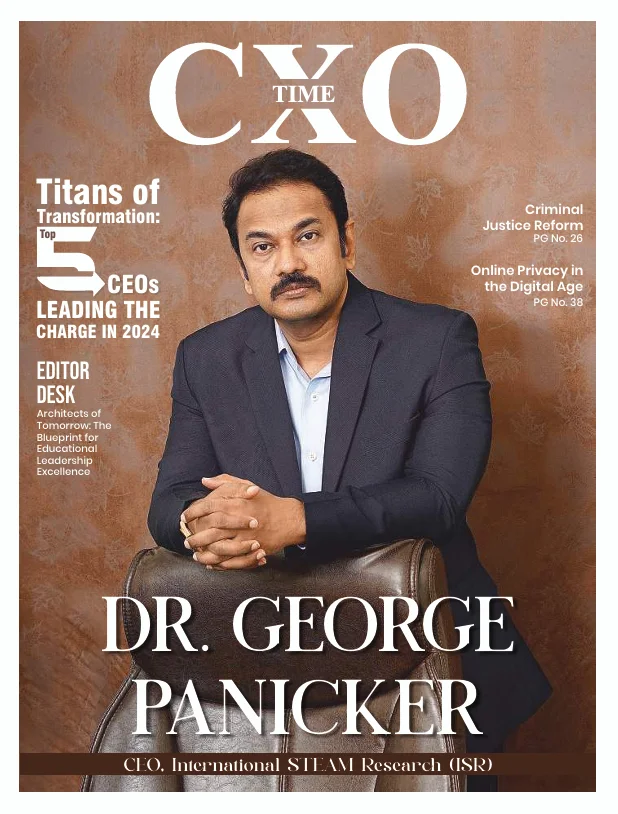
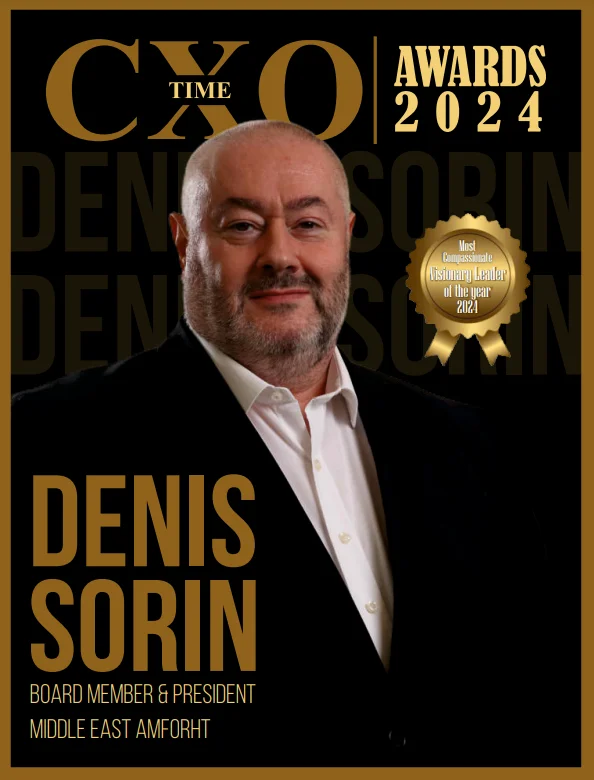
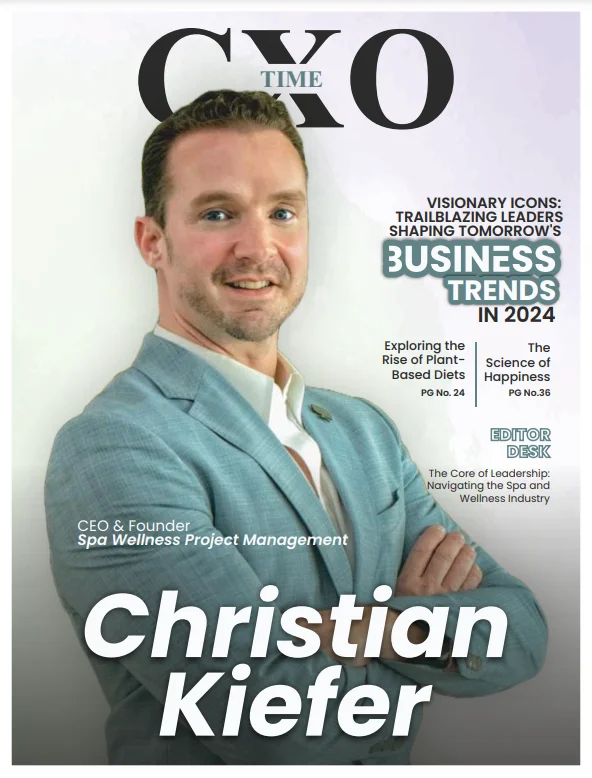

About Us
The CXO Time Magazine is one of the leading global platforms for leaders and entrepreneurs to showcase their stories.
Reach us: info@thecxotime.com